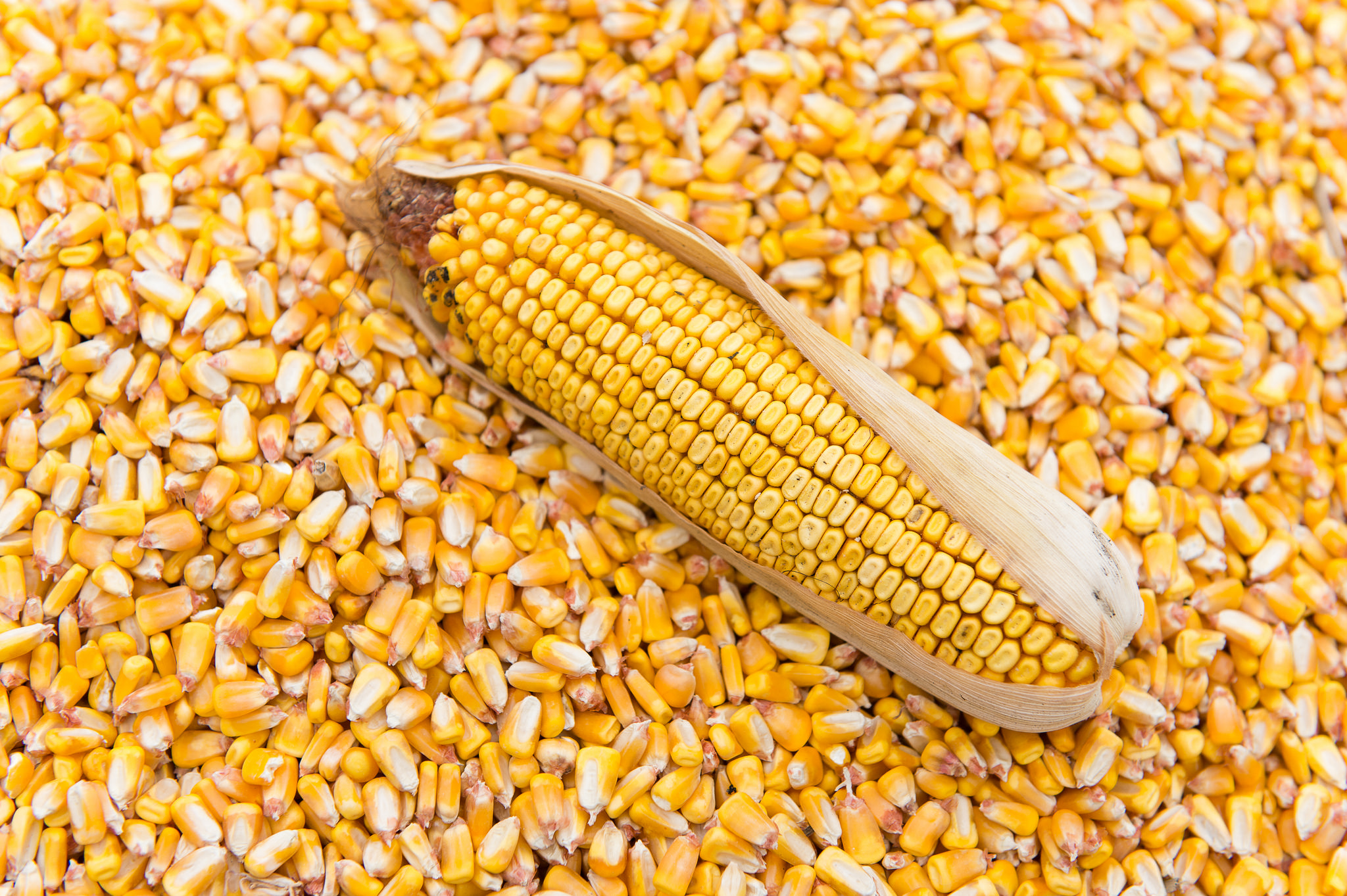USA - Corn farmers having worst year in recent history
02.07.2019 316 views
ScaleAgData Stakeholder Engagement Event
22.10.2024The ScaleAgData project is pleased to invite you to our second stakeholder event. Building on the discussions and connections formed during our first webinar, this event will focus on fostering collaboration among stakeholders, providing updates on our project’s progress, and outlining future opportunities for engagement.
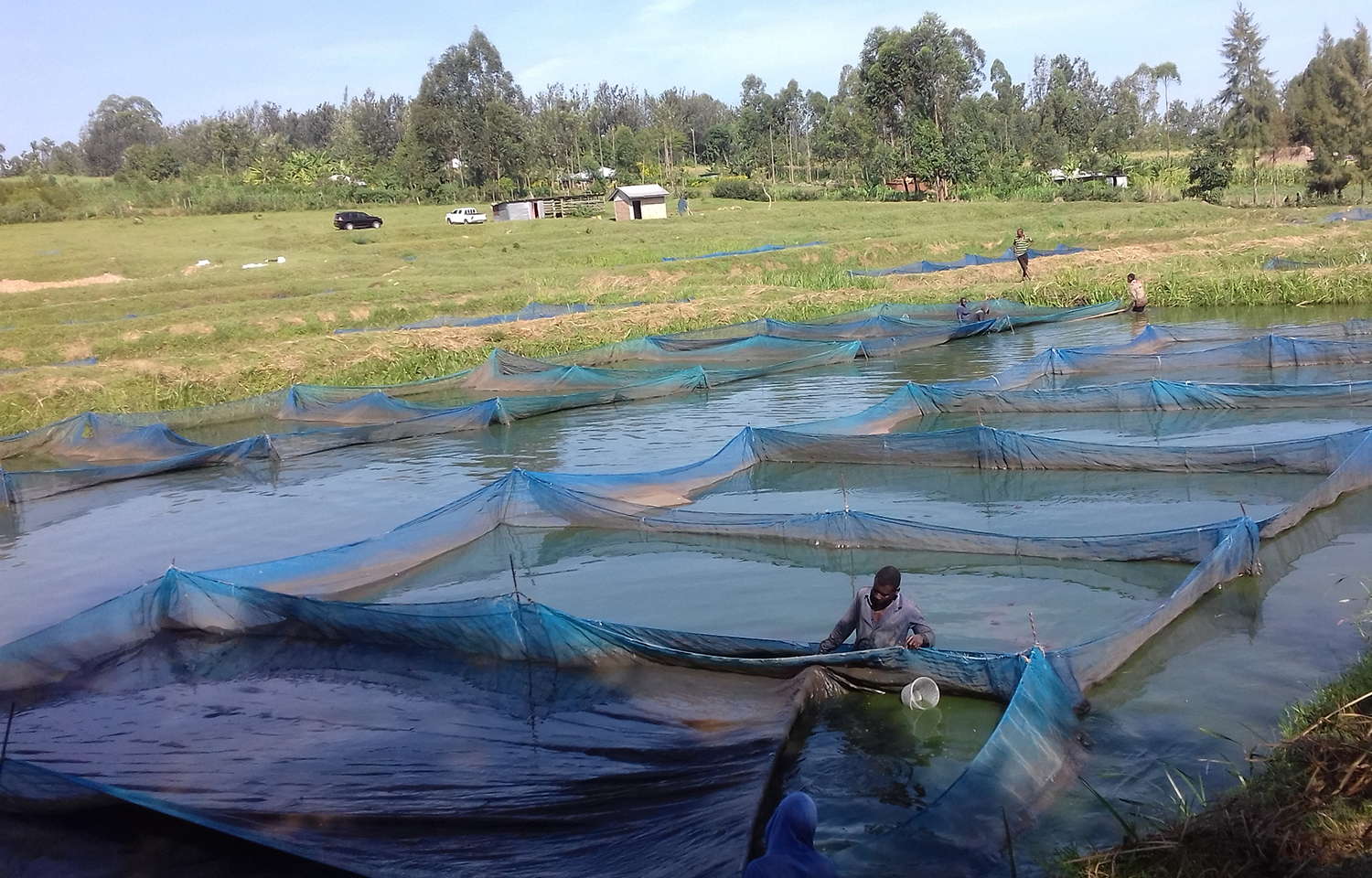
WorldFish launches USD 10 million genetically improved tilapia project in Kenya
A USD 10 million (EUR 8.8 million) fish-farming project has launched in Kenya, focusing on expanding farmers’ access to genetically improved strains of tilapia.

Limits on moving livestock into Wales due to virus
Limits are to be placed on moving livestock from England into Wales in response to the spread of the bluetongue virus.
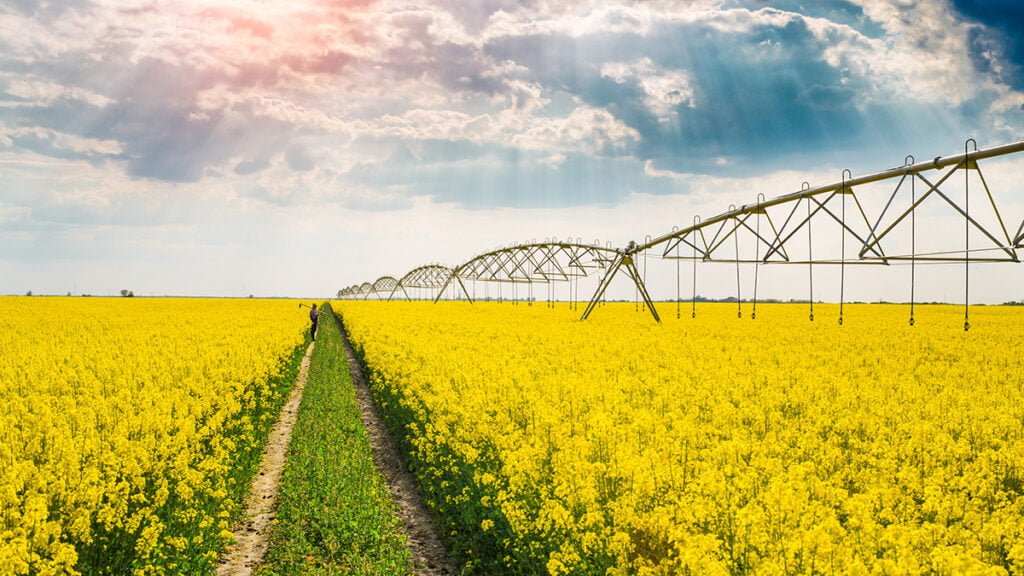
Canada - Saskatchewan farmers looking for rain
Almost all Saskatchewan producers have completed their seeding operations, and now they’re looking for moisture to replenish the topsoil.
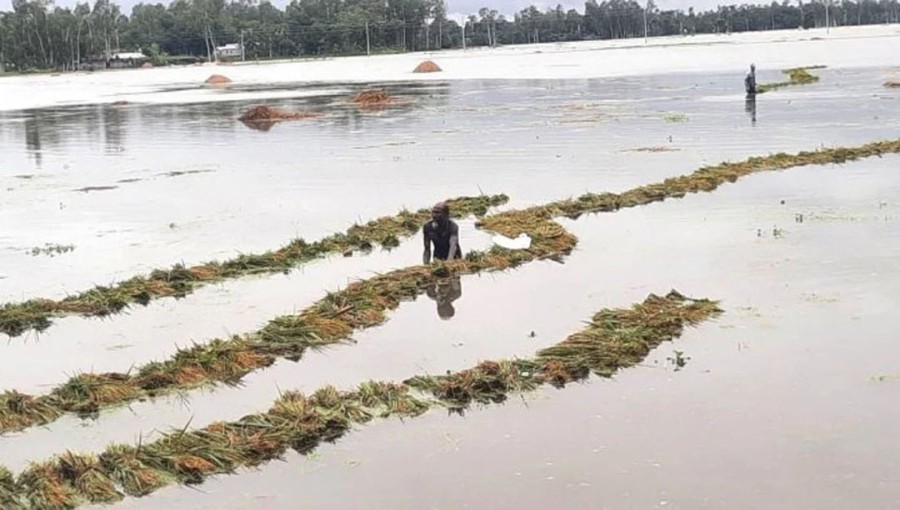
Bangladesh - Rain, floods cause extensive crop damage in Kurigram
Crops on a vast tract of lands in Kurigram district have been damaged due to the torrential rainfall for the last several days and onrush of upstream water.
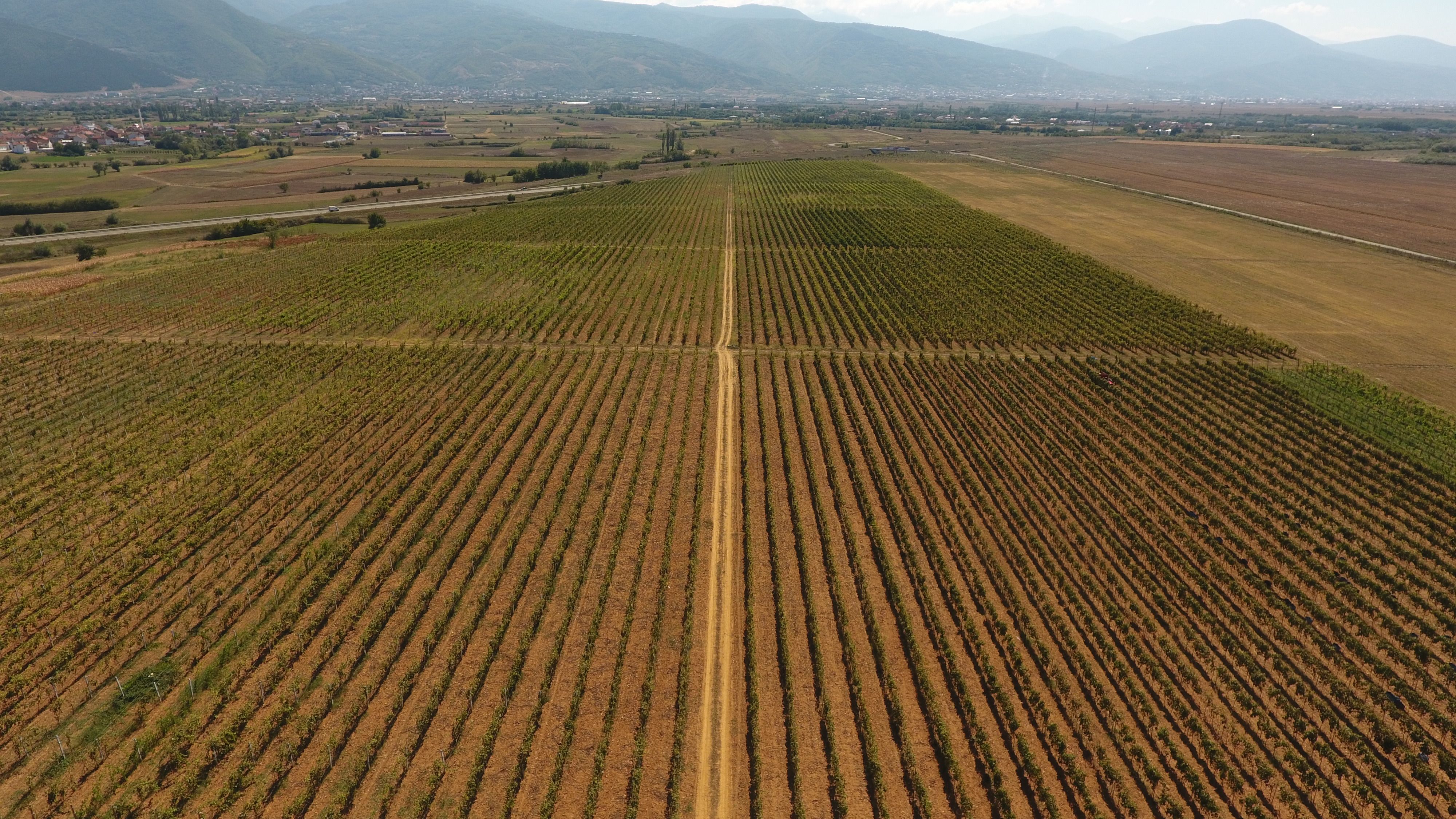
Kosovo - €15,000 for the best innovative idea for Climate Smart Agriculture
The agricultural sector in Kosovo, in addition to other challenges, is also facing the negative effects of climate change.

More than 24,000 factory farms have opened across Europe
Intensive livestock farms such as those found across the US are spreading across the continent, according to new data.
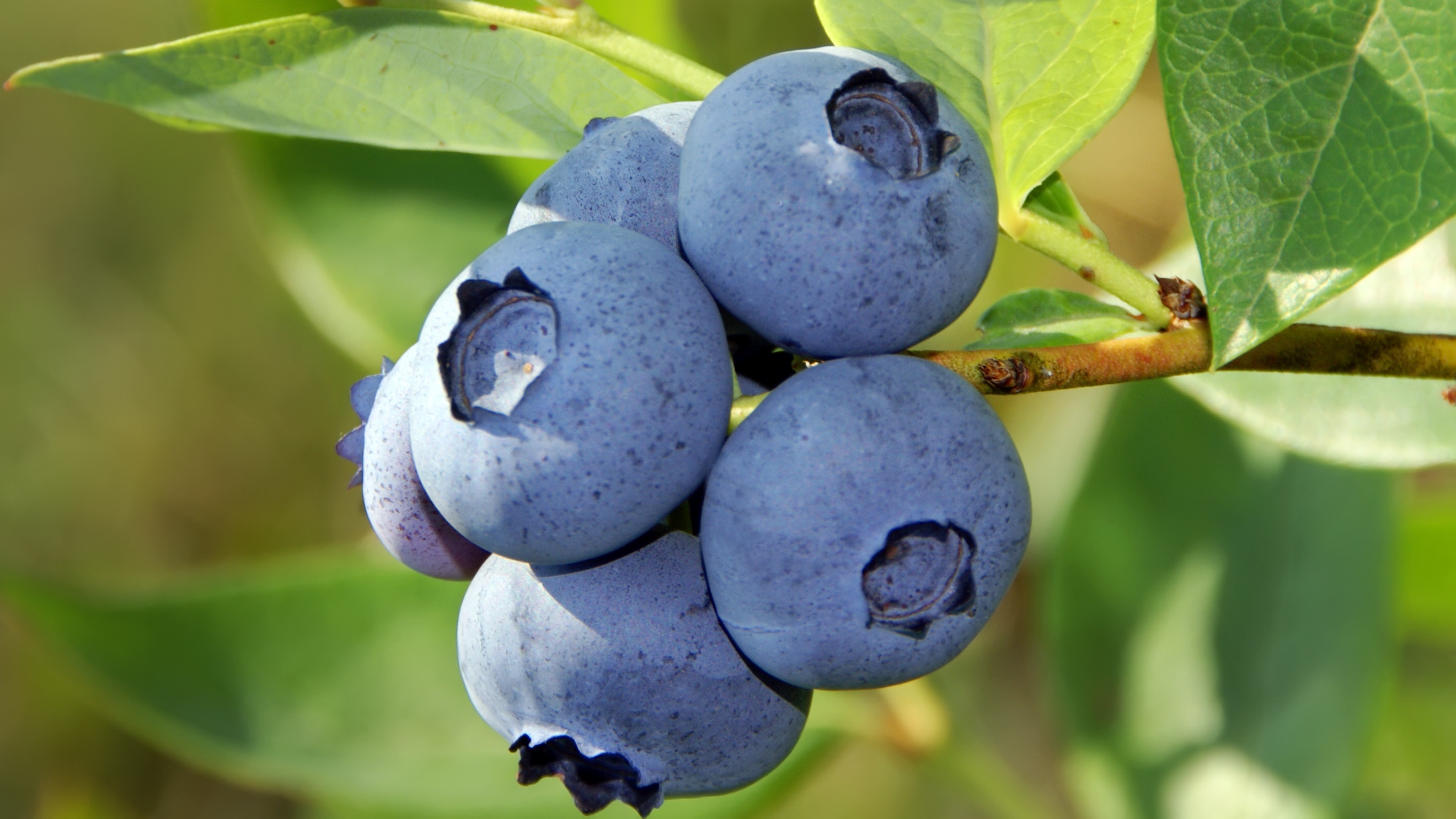
Australia - Blueberry price spike due to low seasonal supply to ease, but flood damage will bite
Eye-watering blueberry prices could stay higher for longer this year due to seasonal shortages and crop damage caused by last month's torrential rain in northern New South Wales.

Egypt pursues stronger agricultural investment across Africa
Alaa Farouk, Minister of Agriculture and Land Reclamation, held a strategic meeting with a ministerial committee to explore ways of enhancing cooperation with African countries in the agricultural sector.


